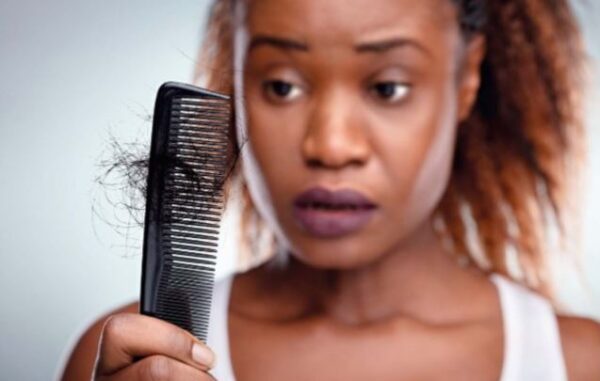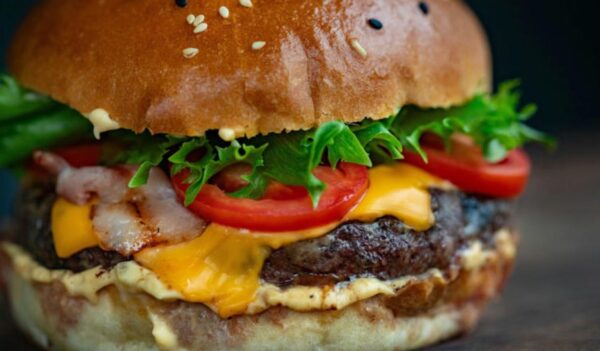Lifestyle
5 poor dietary habits that are bad for hair fall

Dealing with hair fall is a shared experience that many of us have encountered at some point.
Various factors can contribute to hair loss, and frequently changing hair products may not always be the solution.
Often, persistent hair fall may be a result of nutrient deficiencies weakening hair follicles. It becomes crucial to focus on dietary habits when faced with such a situation.
Surprisingly, certain poor eating habits can adversely affect not only your overall health but also contribute to hair issues.
Here are some harmful eating habits that could potentially lead to hair fall.
1. Inadequate protein intake
Insufficient protein consumption is a common factor in continuous hair fall. Since hair’s primary component is a protein called keratin, a lack of protein in your diet increases the risk of hair loss. Ensure to include lean proteins, pulses, spinach, beans, and tofu to address this issue.
2. Excessive processed sugar intake
A diet rich in processed sugar may contribute to hair fall due to the inflammation it causes in the body. This inflammation can disturb hair follicles, leading to increased hair loss. Moderating processed sugar intake can positively impact hair health.
3. Consumption of high glycemic foods
High glycaemic foods can negatively impact hair health by elevating insulin and androgen levels in the body. Excessive sugar consumption leads to increased insulin and androgen levels, affecting the overall health of your hair. Managing the intake of high glycaemic foods is essential to preventing hair fall.
4. Inadequate zinc and iron intake
Neglecting the intake of zinc and iron in your diet can contribute to excessive hair fall. Both these elements play a vital role in keratin formation, and insufficient iron can reduce oxygen supply to hair follicles, resulting in thinning and hair loss. Including seafood and red meat in your diet or opting for beans if you’re a vegetarian can address this deficiency.
5. Lack of fatty acids
Maintaining hair health requires the inclusion of Omega-3 fatty acids in your diet. Insufficient intake of these essential healthy fatty acids can lead to weak and dry hair, increasing the risk of breakage and hair fall. Incorporate sources of Omega-3 fatty acids, such as fish, flax seeds, and walnuts, to support your hair’s health.
The bottom line
In conclusion, recognising and rectifying these harmful dietary habits can significantly contribute to preventing and managing hair fall. Prioritising a well-balanced diet that includes essential nutrients is key to promoting overall health and ensuring your hair remains vibrant and resilient.










